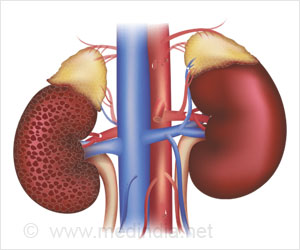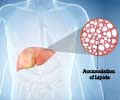
‘Estraidol helps reduce inflammatory biomarkers. It slows progression of heart disease early after menopause.’
Read More..Tweet it Now
Data from ELITE already demonstrated the benefits of HT in reducing the progression of atherosclerosis in relatively younger, healthy postmenopausal women. In this new study, researchers specifically evaluated the effect of HT on the biomarkers of inflammation in the postmenopausal women involved in ELITE.Read More..
As part of the study, which compared oral estradiol to placebo, researchers measured the circulating concentrations of 12 inflammatory markers in 643 postmenopausal women.
Through this analysis, they confirmed that HT significantly reduced the circulating concentrations of a number of key biomarkers. Women who were fewer than 6 years away from menopause showed the greatest anti-inflammatory benefits from HT compared with women more than 10 years after menopause.
"In the total sample, average on-trial levels of E-selectin, ICAM-1, IFN£^, and IL-8 were significantly lower in the hormone therapy group compared with placebo-treated women," says Dr. Roksana Karim from the University of South California Keck School of Medicine and lead author of the study "Effect of Estradiol Therapy on Markers of Inflammation: Results From the Early Versus Late Intervention Trial With Estradiol (ELITE).
"Stratified by time since menopause, women within 6 years of menopause when randomized to hormone therapy showed a significant reduction in the levels of E-selectin, ICAM-1, and IL-8 compared with placebo; only E-selectin levels was significantly lower in women randomized to hormone therapy 10 or more years since menopause compared with placebo."
Advertisement
"Additional research is needed to more fully understand how time since menopause alters the impact of hormone therapy on heart disease risk."
Advertisement













